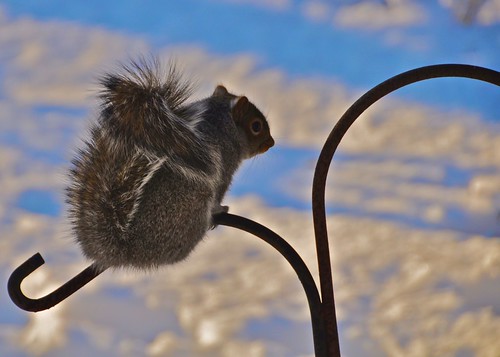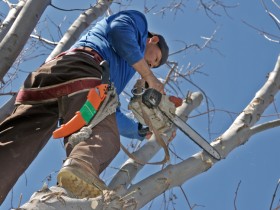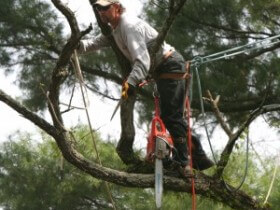Horticulture is an activity people have done for a long time. Horticulture can simply be a pleasurable hobby, or a primary focus to feed the family. This article can help you experience the joy of horticulture.
Put down sod correctly. Before laying the sod, have your soil prepared. Weed the soil well, and till the entire lawn area. Compact the soil lightly and firmly, and be sure to create a flat surface. Now make sure the soil is thoroughly dampened. The optimum layout of sod rows is to stagger them with offset joints. After the sod has been flattened to an even surface, you can use soil to fill any remaining gaps. Water the sod each day for two weeks so it will become well-rooted and ready for foot traffic.
Plant seeds in pots that have a rich soil to give them a strong start. Doing this will increase the survival rate of all your outdoor plants. Seeds can’t always thrive in gardens, and are often eaten by birds. Once you’ve removed the previous group of plants, your seedlings can go into the ground.
Plant perennials that are slug-proof. Snails and slugs can quickly wreak havoc on a garden. These pests prefer plants with thin smooth leaves. Plant some helleborus or euphorbias along with your other perennials. Slugs and snails will leave some perennials alone, particularly those with a bad taste or tough, hairy leaves. Selecting an unappetizing perennial, such as campanula or heuchera, will help stop them from being eaten.
Prepare your seeds by soaking them in a dark environment. Put some seeds in a container and fill the container to the brim with water. This will give your seeds a healthy head start in the growth process. This way, the seeds will have a much better shot at survival once they are planted.
Grow some plants that cats like to eat – try catnip or wheat grass. Another option is to place something smelly, like citrus peels or mothballs, on the soil surrounding the plants that have previously been eaten.
Coffee Grounds
If the soil in your garden has a high concentration of alkaline, try mixing some coffee grounds into your garden’s soil. The coffee grounds provide a cheap way to re-supply needed acid to the dirt. The plants will be healthier, leading to more delicious home-grown veggies.
Fertilizing is an important step in preparing your garden soil. If you decide to use manure, which is great for your plants, choose a pathogen free commercial product. There are numerous types of fertilizers available. What type you select is less of a concern; any kind of fertilizer is better than none.
Surround your vegetable plants with organic mulch, a few inches worth. The mulch will help keep the soil moist for longer periods of time. In addition, mulch will help you to prevent weeds. Every gardener can appreciate pulling fewer weeds.
As previously discussed, gardening has been a source of enjoyment for centuries. It was a requirement and a way of life a long time ago. In modern times, however, gardening is done for primarily three reasons: profit, pleasure or necessity. Whatever your reason for gardening, the hints and tips in the following article can make your experience easier and more enjoyable. Appreciate the pleasures of your gardening habit.




